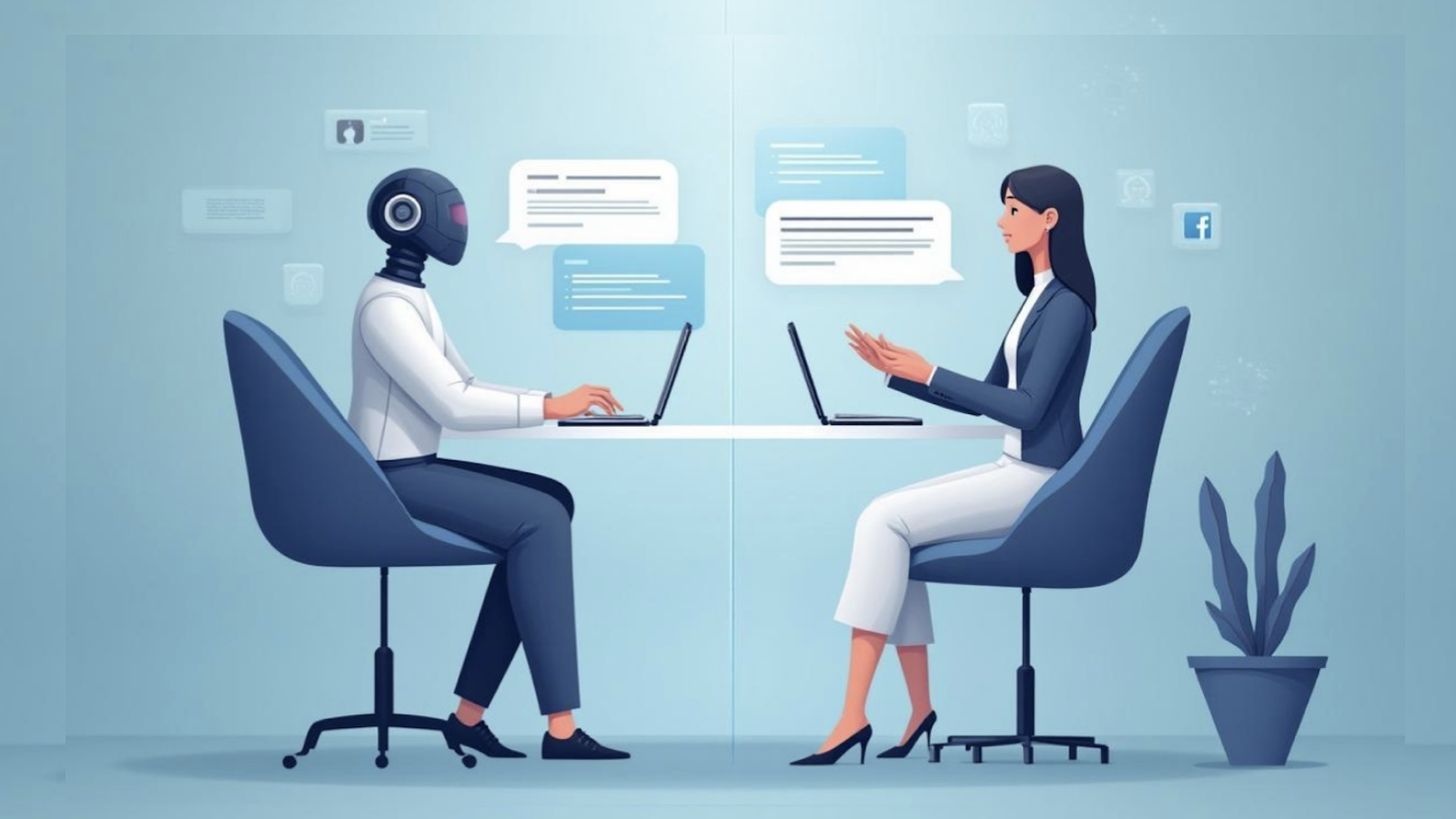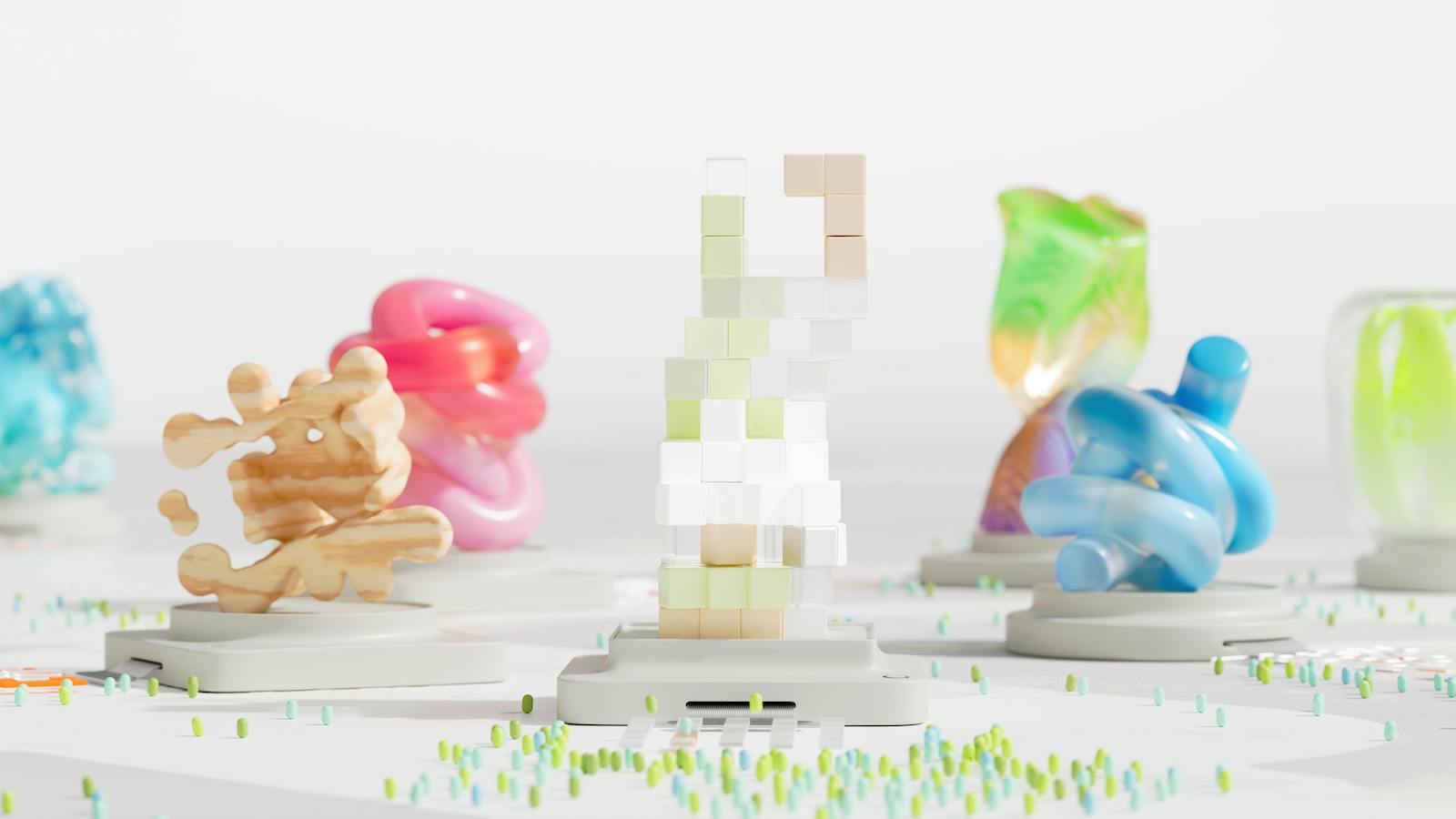Let's be honest — staying productive at work isn't easy. Between scattered tools, endless pings, remote meetings, and the pressure to always "do more," it's no wonder employees feel like they're spinning plates all day.
But here's the thing: AI isn't just the buzzword tech companies throw around any more. It's starting to do something — and one of the places where it's having the biggest, though somewhat under-the-radar, impact is in productivity tools.
I didn't realize how much had changed until a few months ago, when I switched to a new project collaboration platform. Suddenly, deadlines weren't slipping through the cracks. Recurring tasks were automatically sorted. And I had this smart little assistant suggesting when to follow up with team members or flagging potential bottlenecks before they became a mess. It wasn't magic — it was just AI, baked right into the software.
From Nuisance to Navigator
We're not talking about sci-fi-level tech here. Most of the AI tools making a difference today are subtle. They help you prioritize tasks, summarize long meeting transcripts, track productivity patterns, and even check in on team morale through sentiment analysis.
This is the kind of tech that works best when it's invisible — almost like a co-worker who doesn't interrupt but quietly keeps things moving behind the scenes.
Tools like Notion, ClickUp, Slack, and Microsoft Teams are starting to integrate AI assistants that learn from how teams work. Some of them are now writing meeting notes on your behalf or surfacing action items from emails so you don't forget them. They don't replace people — they just cut the clutter.
Catching Up to the Hype
If you're wondering whether this is just another tech fad, the numbers say otherwise.
I recently read a market report by Roots Analysis that put things into perspective. According to their estimates, AI in the drug discovery sector alone is projected to grow from $1.8 billion in 2024 to $2.9 billion in 2025 and reach $13.4 billion by 2035. Although that's a different domain, the logic applies across industries: AI isn't slowing down. The adoption curve is steep — and workplace tools are very much part of that story.
Startups building AI-powered productivity tools are getting serious funding. Enterprise software giants are acquiring niche players. And small teams, like mine, are actually seeing the benefits without needing to overhaul everything.
What's the Catch?
Look, it's not all smooth sailing. Some tools overpromise and underdeliver. Others feel like they're spying on you — constantly analyzing your keystrokes or monitoring your online presence. The line between helpful and invasive is thin, and every company has to draw it for themselves.
There's also the very real challenge of adoption. People get stuck in their routines. The fanciest AI dashboard means nothing if your team still uses spreadsheets and sticky notes.
And let's not forget training. AI tools are only as good as the data they work with. If your internal processes are a mess, no bot is going to magically fix that. You've got to invest in both the tech and the team.
Something else I've noticed — and maybe you've felt this, too — is that these tools are slowly changing how teams talk to each other. When the software already knows who's responsible for what, there's less chaos in team chats. We don't have to ask, "Hey, did anyone follow up on that?" because the tool gently reminds the right person. It builds this quiet accountability that doesn't feel forced. That, to me, is where AI really earns its place — not in the flashy features but in making teams feel more aligned without needing to micromanage.
Where We Go From Here
The best AI tools I've used aren't the flashiest ones — they're the ones that free time, reduce repetitive tasks, and let me focus on actual thinking work. Whether it's suggesting a better way to structure a report or reminding me I haven't checked in on a teammate in a while, those little nudges add up.
We're probably just at the beginning of what AI-driven productivity looks like. In five years, we may look back at these early tools and laugh — but we'll also remember that this was the moment the future of work quietly started changing.
If you're still on the fence about using AI tools, I get it. But try one — just one — and give it a month. You might be surprised at how much space it frees up in your workday, and in your mind.






